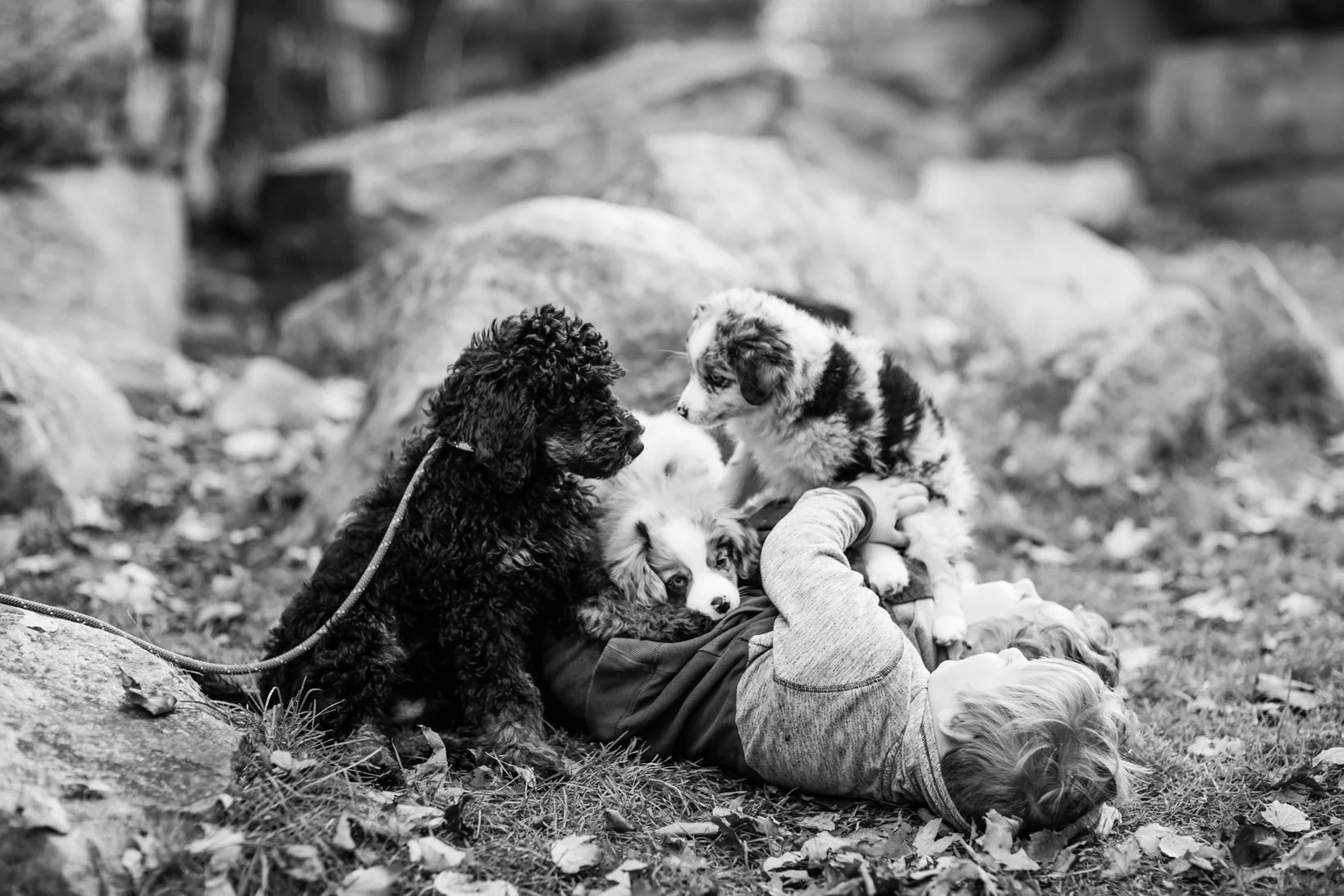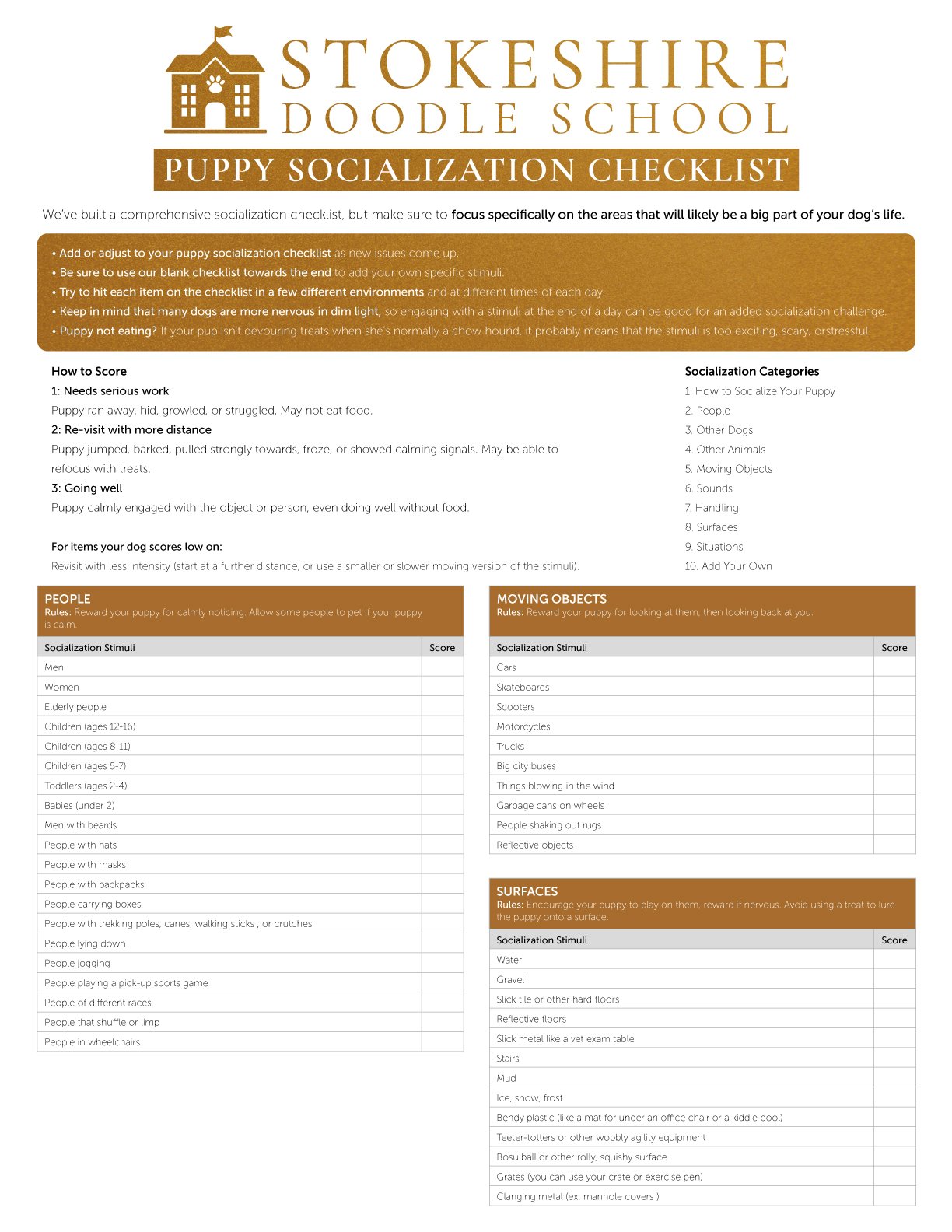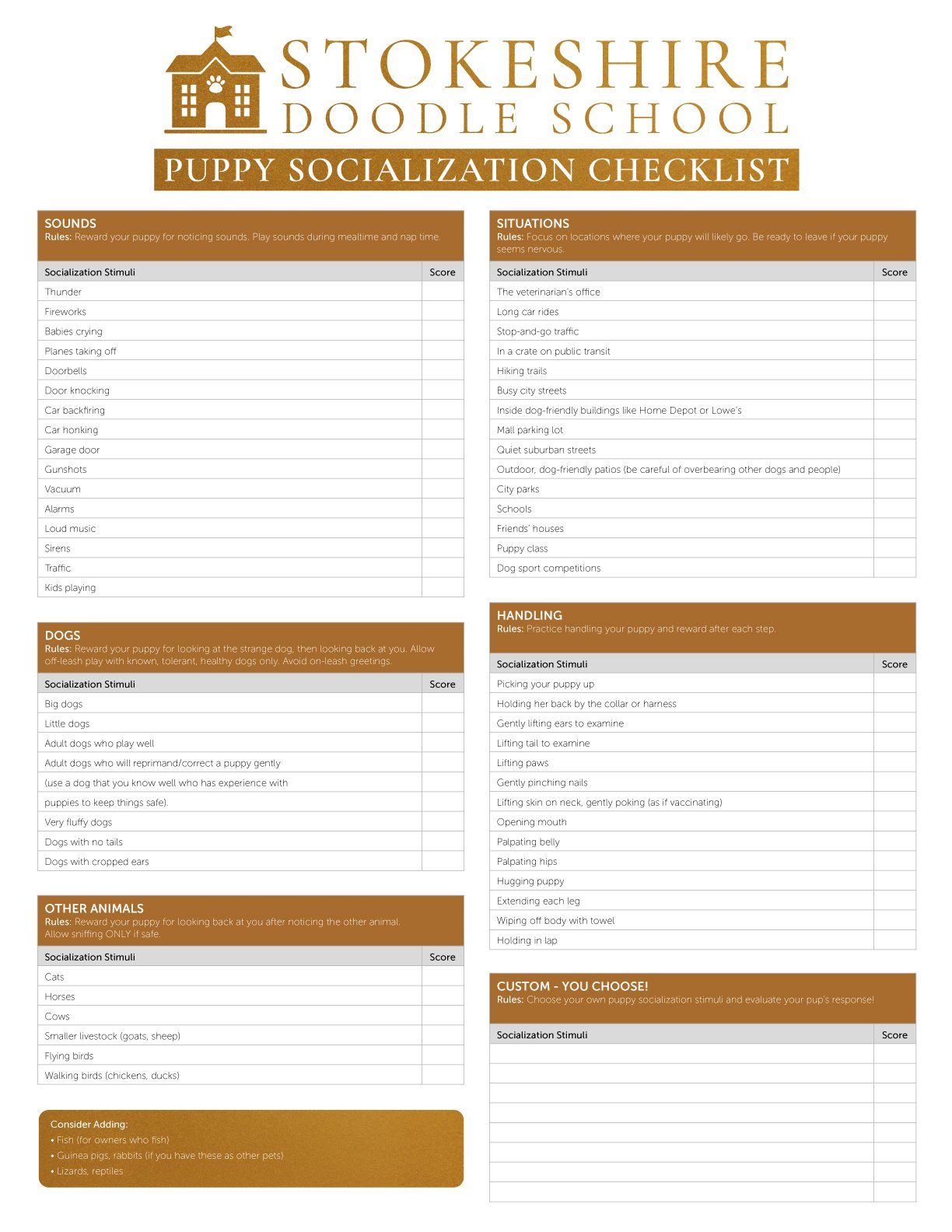Top Tips for Dog Socialization
Just like human beings, the early years of a dog are vital in their socialization. According to the American Kennel Club, puppy socialization usually starts with its breeders and continues with its owners. Exposing the dog to different kinds of people, sights, and circumstances shapes the way the dog behaves. Reinforcing positive experiences for your puppy during the early weeks is integral to having a well-mannered dog with its senses accustomed to a variety of situations.
The Importance of Dog Socialization
If you are a pet lover and would like to take care of more than a single type of animal, then it is advisable to get yourself accustomed to the best way to socialize a puppy. If you are already a dog owner and consider getting a rabbit, you should be aware of how to train a dog not to attack rabbits. You might also consider getting some dog socialization classes. Yes, dogs and rabbits can be friends and live together. In an article published by rabbit.org, calm and mature dogs present a high possibility for a successful dog and rabbit relationship. It is recommended that learning to socialize starts at a young age.
The ideal time to start puppy socialization is during its first two months after being born. It is vital that puppy socialization is introduced so your pet doesn’t get anxious with sudden changes in its environment, such as blinking lights, noises, smokes and strangers.
Dog and Rabbit as Friends
Just like friendship in humans, it takes some time for a certain bond to be formed. We don’t meet people and instantly become friends with them. Connections are formed through shared experiences. Similar to animals, getting along takes a while. Do not introduce a dog with a rabbit right away. It has been mentioned earlier that basic obedience is vital to make sure that your dog does not attack your rabbit during the initial meet-up.
According to the Animal Welfare Association the following are some preparation which needs to be followed:
Look for a neutral space in your home to any territorial aggression and to allow the owner to take control of the situation.
Make sure that the rabbit gets to be acquainted first with the space. Look out for changes in behavior with the rabbit after you’ve placed it in the neutral space. AWA stated the following changes as the animal being stressed: excessive chewing, change in feeding, keeps on circling its confinement, over-grooming.
Make sure that you keep your dog on the lease before entering the neutral space. This is a precaution so that you can take necessary action and control the situation should the dog act negatively.
Helpful Tips
Get help from your family members so that the introduction could be monitored by more than one person.
Introduce the two animals together but make sure you keep close supervision on changes in behavior.
If the rabbit starts acting tense, you can cut short the introduction and introduce others to them on a different day. Also, note that the initial introduction should not take long. 5-to 10 minutes is recommended.
AWA mentioned that a long introduction could pose a risk such as a dog getting overly excited or the bunny feeling tense and would keep jumping around. Although the introduction should be kept short, you can make it regular so that both animals get used to the routine. The dog and the rabbit would eventually get used to the sight and smell of each other.
Make sure that the acquaintance is planned properly and needed preparation is in place. Evaluate if your dog is well trained enough not to attack the rabbit. Remember, the latter is still a prey which could be bitten anytime if your dog misbehaves.
As this will be a new experience for your pet dog, make sure you have enough treats to reward if it behaves properly. You can also give it some good belly rub as a prize.
Dogs are good at reading our emotions. If it senses fear, worry or anxiety from us, it could also be anxious in meeting its bunny acquaintance.
Making friends is something new for your puppy, this is why it’s better if your dog is accustomed to different stimuli.
If you are unsure or lack the confidence to train your dog, take puppy socialization classes. If you're commanding your dog and do not sound confident, your dog would mostly not obey. Taking professional guidance, in this case, is recommended.
The Nest also stated that pet owners should realize that not all animals could live together despite following all the training guidelines and even taking up dog socialization classes.
The House Rabbit Society mentioned that mixed-breed dogs such as coyotes and wolf-dog should never be allowed to live with a rabbit whether under close supervision or not.
Rabbits should be kept in safe confinement or under their owner’s close monitoring given the possibility that dogs, having that instinct to hunt, could attack.
Puppy Socialization Classes
Puppy socialization classes are equipped with skilled trainers who will introduce basic obedience to your pet. Your puppy also gets to make new friends and would learn to socialize with other puppies taking the same class.
Dogtopia also recommends that apart from taking your dog to the park, invite friends over to get acquainted with your dog. Having people in your space could be a positive experience for your pet, granted it does not get overwhelmed or threatened by new faces. As the dog’s owner, monitor its behavior around your friends. A change in mood or temperament could mean that it’s getting stressed out by what’s happening around. Make sure that your dog keeps its space. While you check your dog’s behavior make sure that you keep a tab on your own emotions.
Forming friendship is not something to be forced, this applies to both humans and animals. There are just people who cannot get along due to differences in their attitudes. Similarly, there are also animals that shouldn’t live together. And for some cases, forming a friendship between two pets takes time.
To learn more about dog socialization, read through our comprehensive checklist or get your puppies enrolled at our Doodle School. Call us now at 715-570-5718 to book our limited slots.




